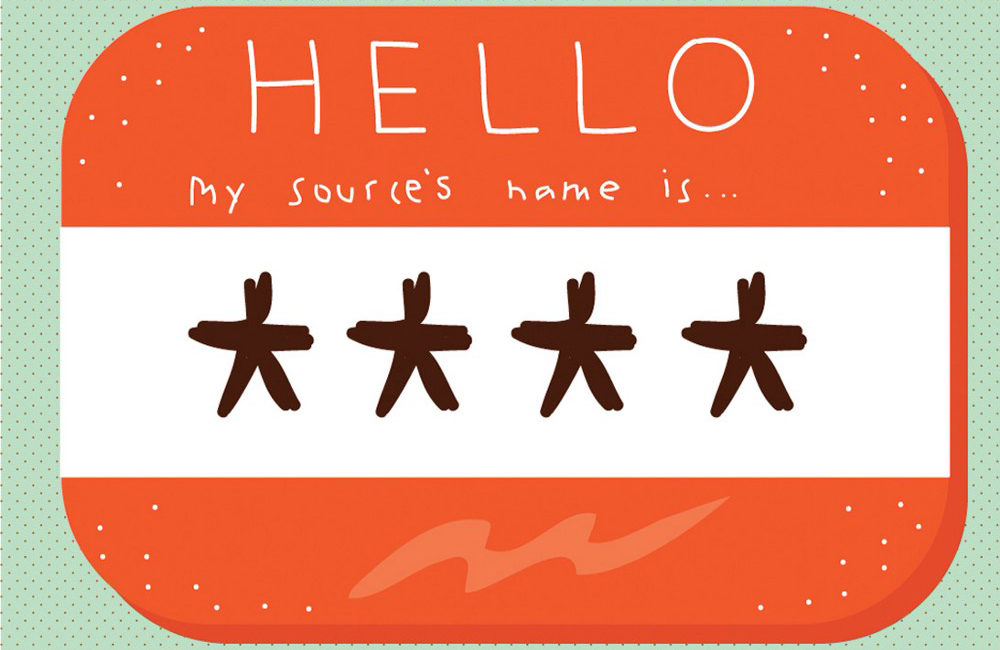J.M. Porup is a freelance cybersecurity reporter whose work has appeared in Motherboard, Slate, The Economist, and CBC. His background as a computer programmer has served him well in an age when journalists need to think about their vulnerability to online attacks and surveillance. Tackling one’s own digital security can feel overwhelming, especially for journalists who may lack the knowledge of reporters like Porup.
Luckily, there are an increasing number of tools and resources that can help. We’ve compiled a few suggestions to get you started with insights from Porup, Canadian Journalists for Free Expression, the Committee to Protect Journalists, and the Centre for Investigative Journalism.
Encryption: If your devices or files are hacked, encryption will make them more difficult to decode and access. Install HTTPS Everywhere for web browsing, use the Signal app for messages and calls, download Symantec’s Pretty Good Privacy (PGP) software for email, and FileVault, TrueCrypt, or BitLocker for your computer.
Anonymity: A journalist with a cell phone in their pocket — a device that can be easily turned on, bugged, and tracked — can’t truly promise anonymity. Your online identity and cell phone habits tell a story about who you are — where you go, who you contact, and what your routines are. Think care- fully about how the information you share online connects you to your sources.
Prioritize: Focus first on the stories that may be the most vulnerable to online attacks. Do you communicate with these sources through secure methods? If you have information that could put your source in danger, is it securely stored through password protection or encryption?
The Basics: Use secure passwords and turn on two-factor authentication for all your accounts, including email. Use the Tor Browser for work so you can search the Internet anonymously. Alternatively, connect to the Internet through a VPN (Virtual Private Network) to prevent others from identifying your location. Like any technology, digital security software will continue to evolve. Connect with other journalists to keep abreast of best practices.
To read more on the topic, see “Journalists in Distress: Securing Your Digital Life” from Canadian Journalists for Free Expression, “Journalist Security Guide” from the Committee to Protect Journalists, and “Information Security for Journalists” from the Centre for Investigative Journalism.
